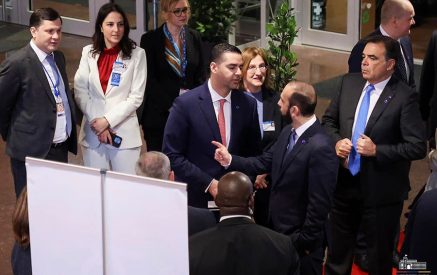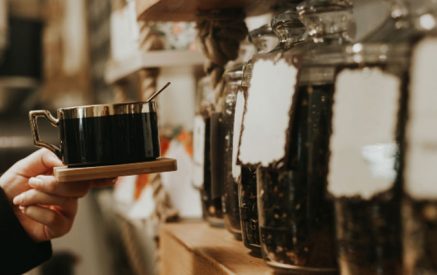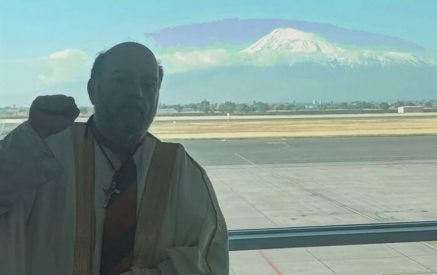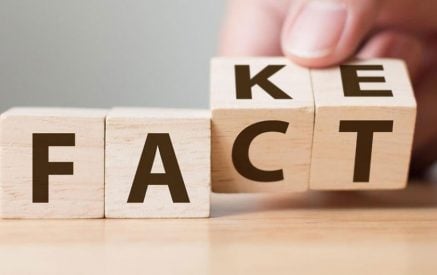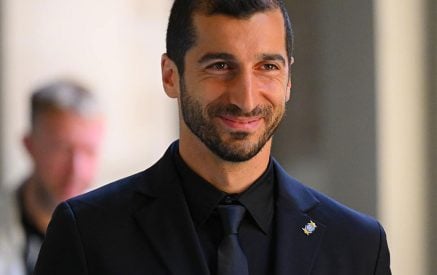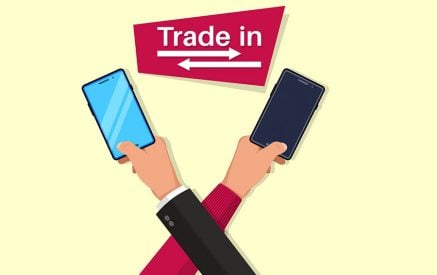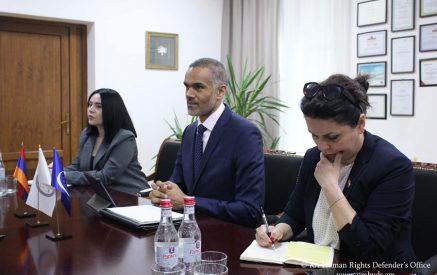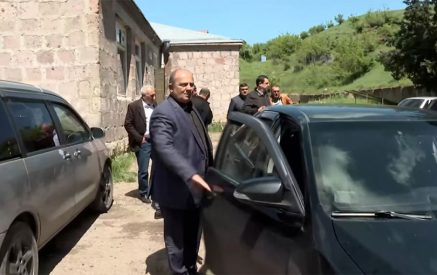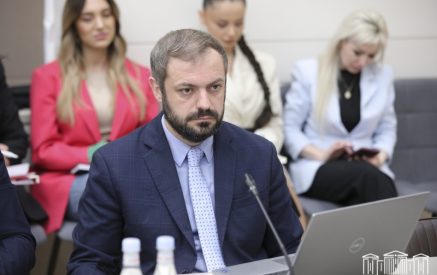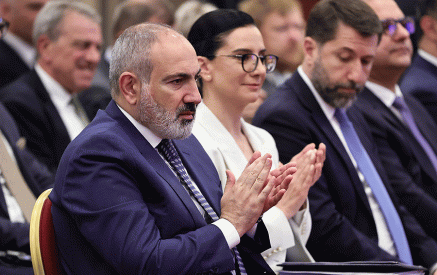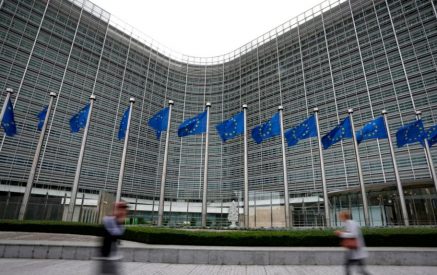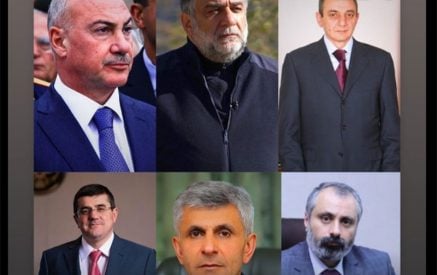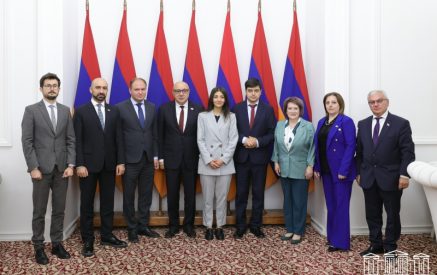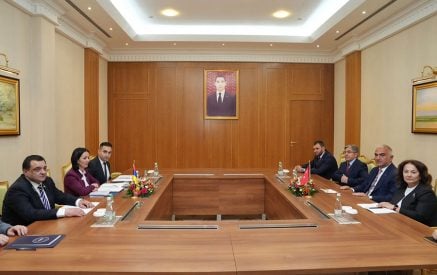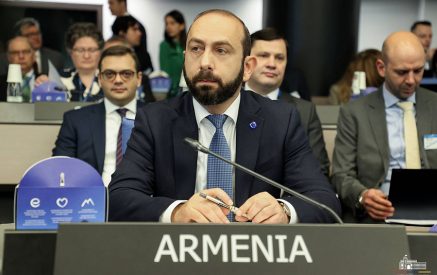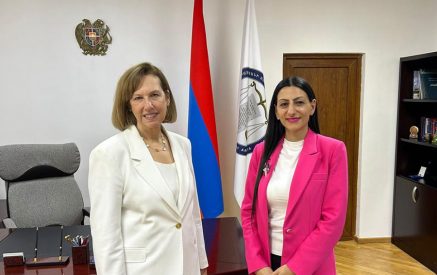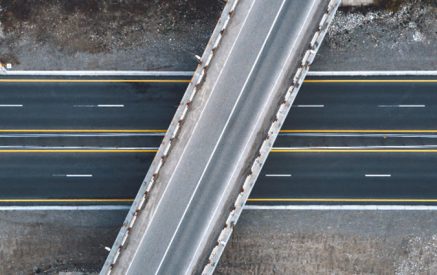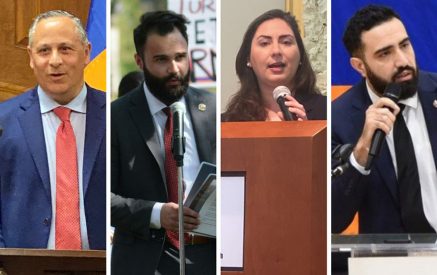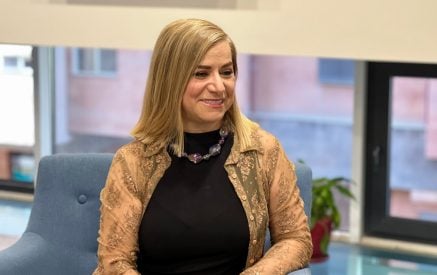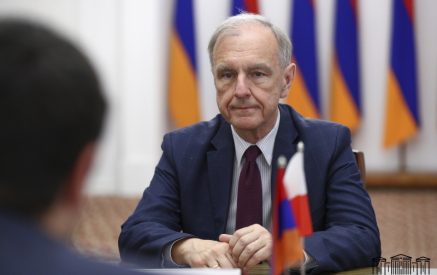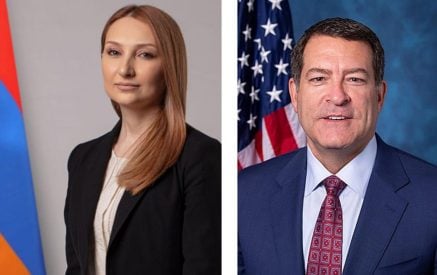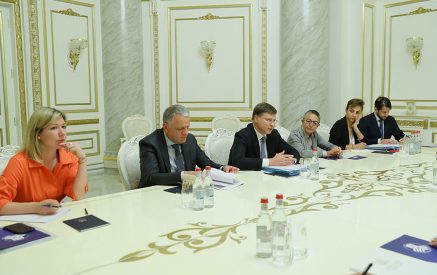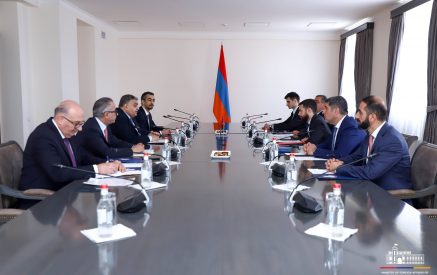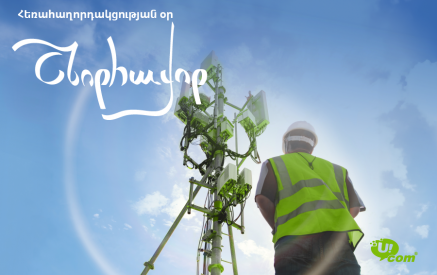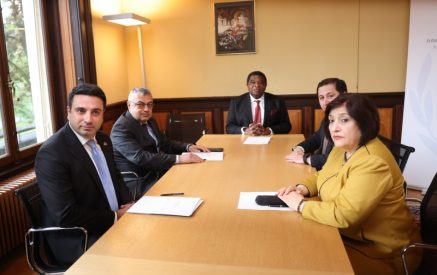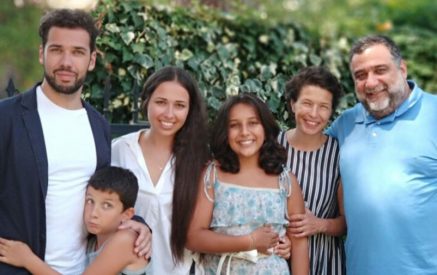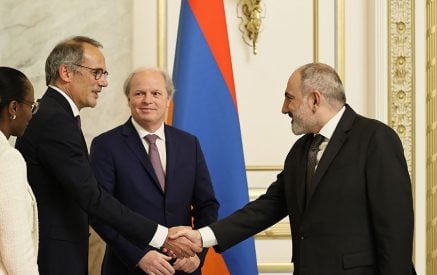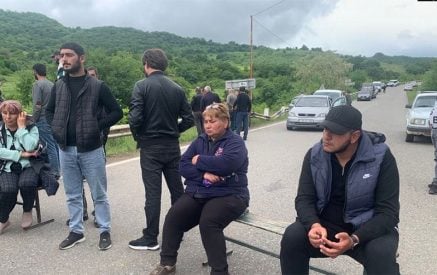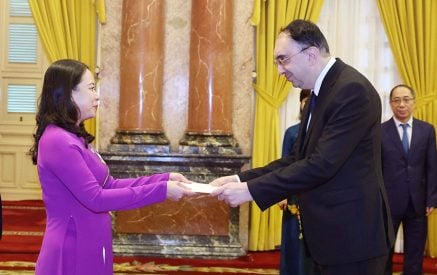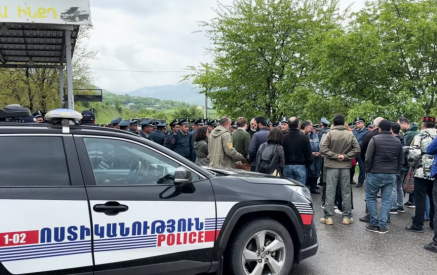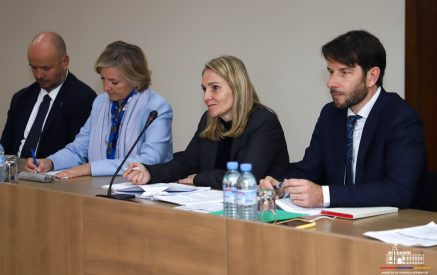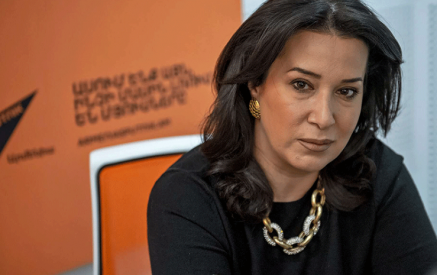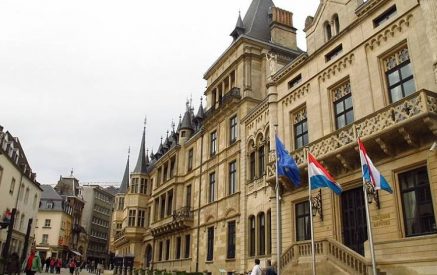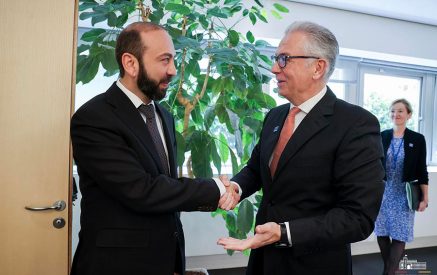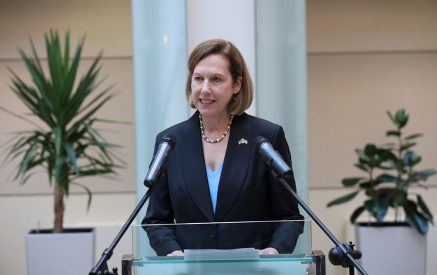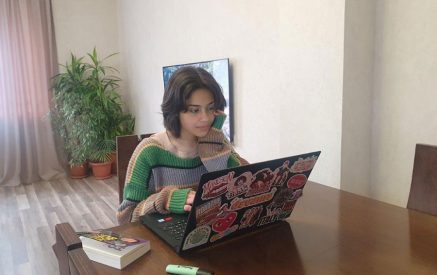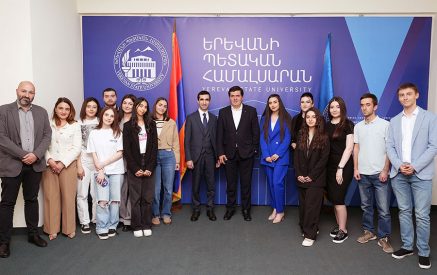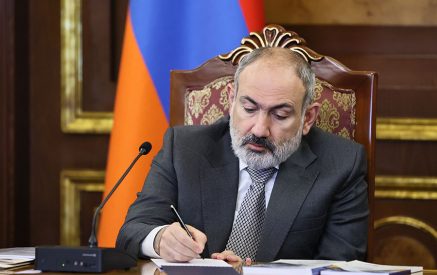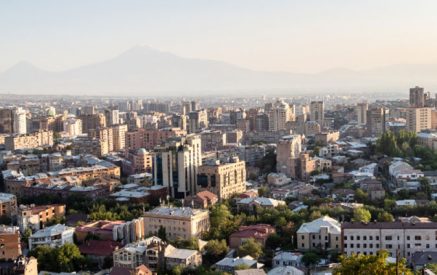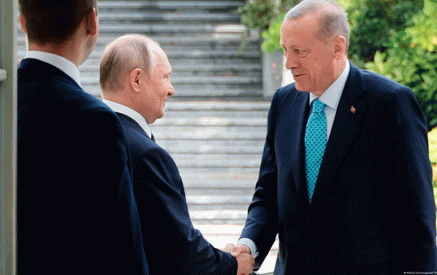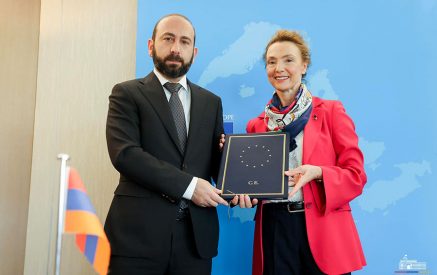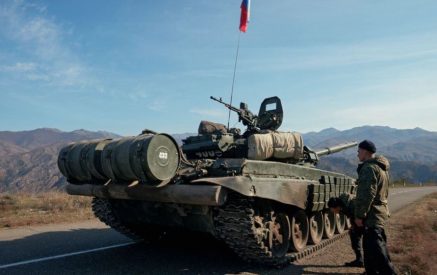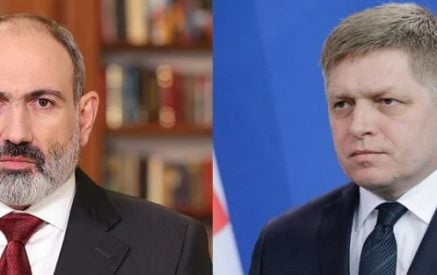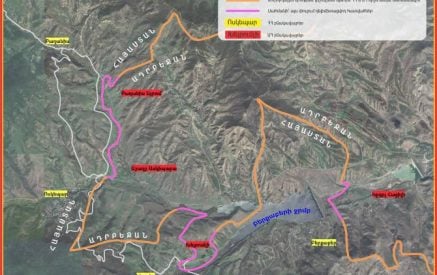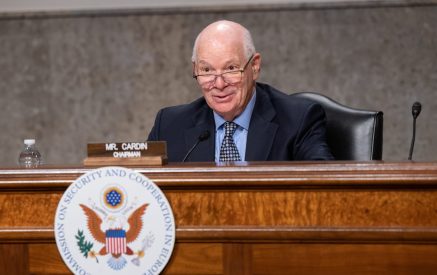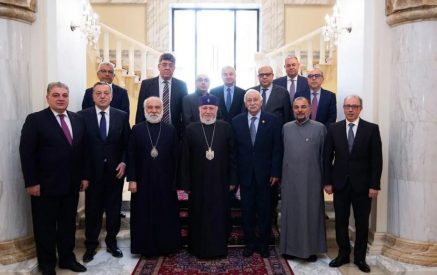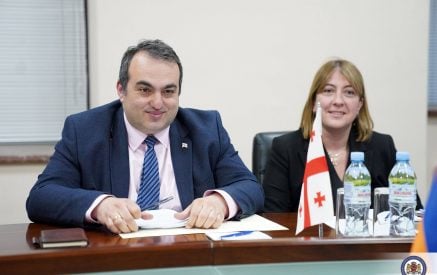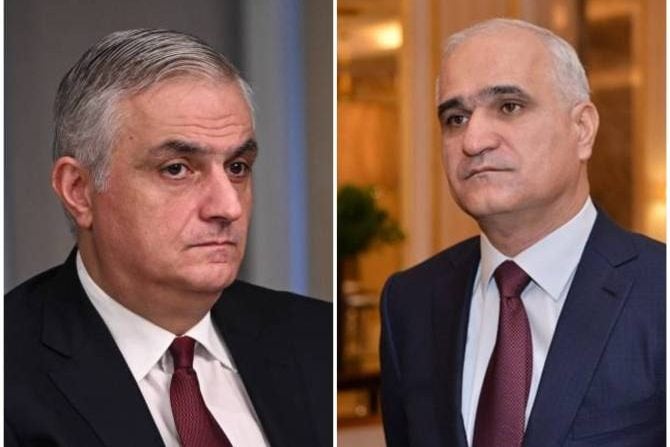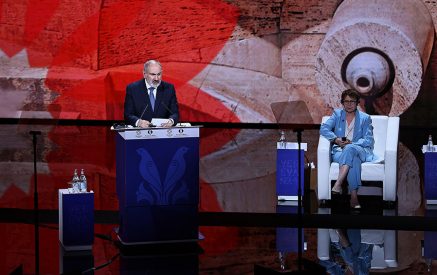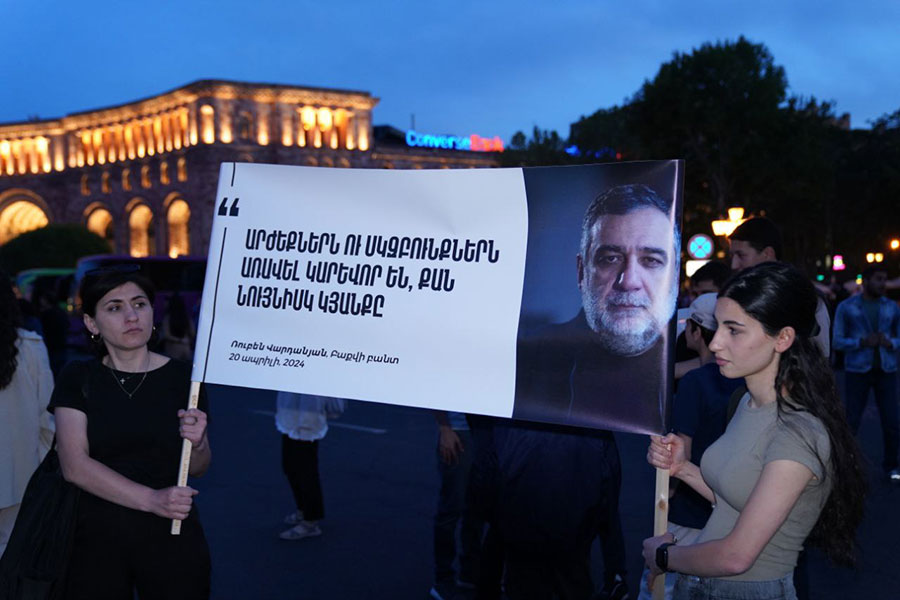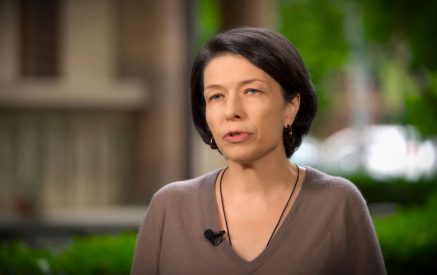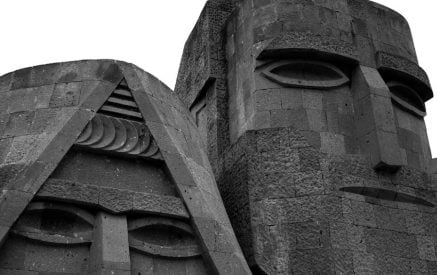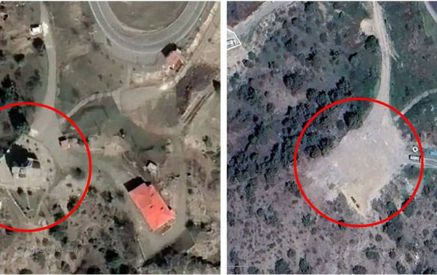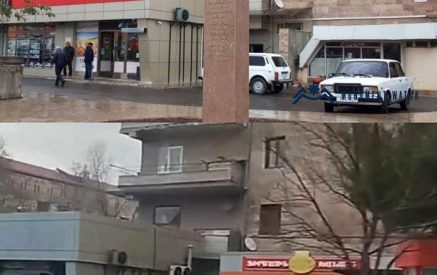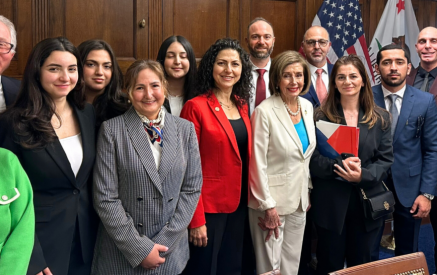by Stepan Piligian
Activism in our global communities takes many forms. In my view, the three major categories that impact our national ideals are intellectual activism, political advocacy and what I call public activism. Our intellectual foundation has grown significantly over the last 50 years through university chairs in Armenian studies, research, publications and scholarship. Organizations such as the National Association for Armenian Studies and Research (NAASR) have evolved into global research groups that fund scholarship and ensure that the truth prevails. This intellectual base is the pillar of all activism. It arms political activists with the evidence required to promote issues in the interests of the Armenian nation. We should all take great pride in the number of university centers for Armenian studies, the new generation of scholars and the volume of quality programming critically examining important topics.
Professional advocacy in the United States and other regions has become a hallmark of our political struggle. The Armenian Assembly of America and the Armenian National Committee of America (ANCA) have emerged with prominent roles as political catalysts. The Assembly was formed in 1972 on the theme of unity to influence the policies of the United States. The ANCA emerged as a grassroots advocacy group from the ARF and has broad support in the community. One does not have to agree with all the tactics of these groups to respect their presence and purpose. They represent a mechanism for the Armenian community in the U.S. to promote the interests of the Armenian people and Armenia. They have become the primary vehicle for lobbying the executive and legislative branches of the U.S. government. They both have strong ties to the American Armenian community and have invested heavily in mentoring a new generation of leaders. Armenians tend to focus their opinions on what remains to be accomplished, but the contributions of these groups have been significant in the transformation of our community members into more effective political advocates.
Read also
The third area of activism is the least structured and relies on a network to respond to current events through public protest. This is the realm that we should be most concerned about. Public activism is a process that enables critical visibility through the media and general public. It manifests itself as rallies, protests, demonstrations and perhaps acts of civil disobedience. Public activism is a standard bearer of democracy and has a great tradition in America. The “right to assemble” is a bedrock of American democracy. Likewise, when political activism emerged in the diaspora American Armenian communities in the late 1960s and 1970s, it initially took the form of public activism from Boston to New York, Washington and Los Angeles. Public activism not only brings light to important issues. It is quite often the entry point for individuals to expand their activism into other domains. For many patriotic Armenians in the diaspora, their first engagement with promoting Genocide recognition or freedom for Artsakh began in a street demonstration or rally at a Turkish consulate. Our communities have been very effective in confronting issues such as denialism, atrocities, injustice and oppression. The end of U.S. participation in the tragic Vietnam War was heavily influenced by the continuous public activism on college campuses and streets of this country. Currently, we are witnessing the impact of activism on college campuses relative to the Israeli-Palestinian conflict. Public activism is one of the purest forms of grassroots participation and reflects the values of participative democracy.
Unfortunately, there has been no shortage of issues to confront in public activism.
The Genocide remains an open wound, and the national security issues in Armenia provide further proof that the grandchildren of the Ittihads and Tartars have the same intent. The surreal tragedy we have witnessed in Artsakh has become our generation’s 1915, with murder, deportation and further territorial loss. However, despite the voices of despair we hear each day, my perception is that our public activism has become less frequent, and the tone, more passive. I have asked others their opinions on this observation. Most agree with my perception, and not surprisingly, there are a variety of opinions on the cause.
The load we carry as a community is heavy, and when the burden is too great, resources are deployed for what is needed to remain functional. Activism is lower on the list of priorities for a diaspora community. Additionally, activism resource bases tend to be small but dedicated. Fatigue takes its toll if the base is not replenished. Finally, there is the question of whether our leaders locally or regionally consider this a priority. Regardless of the cause, our public presence is subdued. During the Artsakh crisis last fall and the prior period of blockade, our public presence was pitiful. The response was not consistent with our stated love of Artsakh. I commented last year on a couple in New York who held daily vigils in front of the U.N. It was sustained by many who joined the effort during the blockade. Efforts were made to replicate this simple mechanism in other communities, with little success. It is my view that this year’s April 24 public gatherings were very passive, from the programs to the speakers. The attendance seemed to reflect more of an obligatory mentality. The energy in the crowds was diminished. With the Azeris occupying territory on Armenia’s border, committing genocide in Artsakh and holding hostages, I would expect a more robust response. Once our participation becomes obligatory, it becomes a red flag for sustainability. Keeping the content vibrant and engaging is our challenge.
Last week, I spoke about keeping our struggle fresh. The logical focus of our struggle is Azerbaijan. We oppose Genocide denial from Turkey by securing political proclamations of recognition. Yet the timing right now is with Azerbaijan…sanctions, war crimes and security. When selecting issues for public activism, we must consider the impact and the media compatibility. Azerbaijan is a rogue and lawless nation. Our passivity over the hostages held in Baku is appalling. It was hardly mentioned in our recent events. Azerbaijan is holding what I will refer to as the “Artsakh 8” and others in illegal captivity under horrible conditions. The Artsakh 8 are the former government officials of the Artsakh Republic arrested by Azerbaijan during the deportations and being held on absurd charges such as terrorism. Their names bear repeating: Davit Babayan, Arkady Ghukasyan, Arayik Harutyunyan, Davit Ishkhanyan, Davit Manukyan, Levon Mnatsakanyan, Bako Sahakyan and Ruben Vardanyan. These are human beings who represented our interests in Artsakh and are now political hostages.
For over 30 years, many of us marveled with pride at the courage and resilience of the people of Artsakh and their leaders. They built a functioning democracy and market economy while blockaded and unrecognized. They did their best with impossible obstacles. Now they have been arrested and held hostage, and our response in the diaspora has been far too distant. Intellectually we are with them, but with little tangible action. Why are we not protesting every Azeri embassy and consulate, including their U.N. presence? Why are the faces of the Artsakh 8 not on posters that we carry through the streets and halls of politicians? When I attended April 24 events this year, I felt like a victim. There is little value in repeating the litany of injustices without offering the audience actionable direction. Have we abdicated our responsibility to public activism to politicians who read proclamations and tell us that they are with us?
The Artsakh officials being held hostage should be viewed as heroes who did not use their power for personal use. They stayed with their people. I am inspired by this quote from Davit Babayan, former minister of foreign affairs: “Not turning myself in or moreover fleeing would seriously harm our people, many, many people, and I, as an honest man, a working patriotic Christian, cannot allow it.” I followed Davit’s comments for years in his roles in the foreign ministry. What is our response during their time of need? Empathy or action?
Last week, Nubar Afeyan, a colleague and friend of Ruben Vardanyan, issued a Global Call to Prevent a Second Armenian Genocide through several media outlets and referenced the illegal arrest of former Artsakh officials. Vardanyan is a national hero in my view. The list of his groundbreaking philanthropy includes the United World College in Dilijan, the Aurora Initiative (co-founded with Afeyan and the late Vartan Gregorian) and several forward-thinking initiatives to strengthen Armenia. How many of us would have assumed the personal risk and settled in Artsakh? He served as state minister but stayed after his tenure ended to continue to help Artsakh.
I have heard some Armenians voice opinions about these men as politicians when they served Artsakh. Frankly, these opinions, regardless of their content, are irrelevant to our duty to advocate for their freedom. Many Armenians were inspired by Vardanyan when he made his decision to relocate, serve the republic and then stay in a non-governmental role. If Azerbaijan was truly interested in peace, it would have issued a statement of general amnesty. Instead, it arrested leaders during a forced deportation. Our people from Artsakh have nothing to be ashamed of for desiring freedom. It was denied by the criminal actions of Azerbaijan and an apathetic world.
The danger of being inactive when discussing our losses is that we become a victim-based society. What I find refreshing in the Aurora Initiative is that it is a forward-thinking community. They have not forgotten but recognize that a nation paralyzed by loss must find the courage and vision to look toward the light. The third component of our activism portfolio is critical to address our priorities and keep successive generations engaged.
Too often it is left to chance that someone will step forward to take responsibility. The issues are too important and require a more methodical approach. Whether it is the local AYF or some other group, monitoring and activating is the answer. Each of us has an opportunity to utilize the freedom and resources we are blessed with for the benefit of our less fortunate brethren. We must never forget those who served.

